Self-awareness expert, Tasha Eurich says that there are two types of people:
- Those who think they are self-aware
- Those who actually are
She has found that 95% of people think they are self-aware, yet only 10-15% are really self-aware.
This is led her to suggest that 80% of us are lying to ourselves about ourselves.
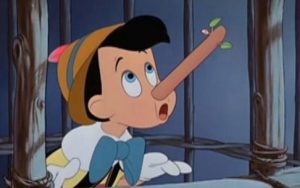
In this post, I want to:
- Help you understand what self-awareness is
- Give you signs to help you determine how self-aware you are
- Explain why self-awareness is so important
- Give you a framework and tool to help enhance your self-awareness
- Give you book suggestions that have helped me enhance my self-awareness
What is Self-Awareness?
Let me give you two definitions.
Tasha Eurich defines self-awareness as being our ability to see ourselves clearly. To understand who we are, how others see us, and how we fit into the world.
Stephen R. Covey defines self-awareness as our capacity to stand apart from ourselves and examine our thinking, our motives, our history, our scripts, our actions, and our habits and tendencies.
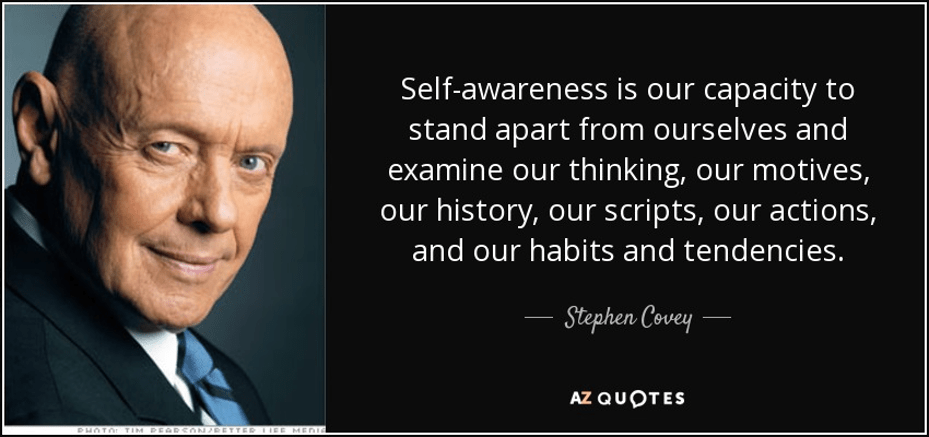
I love Covey’s definition. But, I also recognize that it is really difficult to stand apart from ourselves and examine those aspects about ourselves because (1) we are biased toward ourselves, (2) most don’t have the knowledge or expertise to do so effectively, and/or (3) much of those aspects about ourselves operate within us nonconsciously.
But, it can be helpful identifying signs that you are self-aware or that you lack self-awareness.
Signs You are Self-Aware
Let start with some signs that indicate you have a lack of self-awareness. They include:
- You are constantly defensive
- You are unable to ask yourself if criticisms are true
- You are controlling
- You are a micromanager
- You make excuses
- You are passive aggressive
- You don’t feel like you’re in the driver’s seat of your life
- You’re a bully
- You insult other people to make yourself feel good
- You see the world in excessively decided ways (white/black) and are unwilling or unable to entertain or explore alternatives.
This is a good start. But, are people who get constantly defensive, are controlling, are a micromanager, and give excuses even aware enough to know whether or not they do these things? The reality is that we all do these things to a degree or at different times. They key is: can you own up to these things, or are you quick to justify them away?
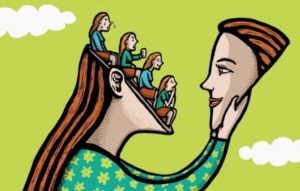
Perhaps a better approach is to consider signs that you are self-aware:
- You take responsibility for how you respond to things and people (rather than trying to change those things and people).
- You don’t assume you are better than average, your politics are more informed than most, or your opinions are more factual than others.
- You acknowledge and accept other people’s feelings – even if they don’t understand them, agree with them, or feel you would respond a different way.
- You practice common courtesies, such as holding doors, or not speaking during movies, or not wearing too much cologne to the office.
- You don’t start conversations about politics and religion with the intent to prove yourself right, only to better understand another perspective.
- You are kind to people who don’t necessarily deserve it. You know it is not your job to determine who is worthy of kindness, but rather, to show it regardless.
- You don’t assume to know how other people perceive you, but you also try to remain conscious of social cues to ensure you aren’t being ignorant of other people’s needs or comfort.
- You accept critical feedback as crucial information you will need to learn and grow, not a condemnation of their ability or character.
- You see discomfort as an opportunity to grow.
You can review a full list of such signs here: 21 Ways Self-Aware People Interact With The World Differently.
Why Self-Awareness is So Important
Hopefully by reading over these lists, the importance of self-awareness seems obvious.
Self-awareness:
- Helps us become better leaders – people that others want to follow
- Helps us to grow and navigate life more successfully
- Helps us be better able to monitor our emotions and thoughts
- Leads us to be more psychologically healthy and compassionate
Bottom-line: Self-awareness helps us work more effectively with others. Correspondingly, it affects essentially everything we do.
Framework and Tool for Enhancing Our Self-Awareness
Self-awareness is a challenge because so much of what we do and why we do it occurs under the surface of our consciousness. Researchers have suggested that 90% of our thinking, feeling, judging, and acting is driven by our nonconscious automatic processes.
In order to explore what is under the surface of our consciousness, we need a framework or tool to assess an aspect about ourselves that drives much of our nonconscious processing: our mindsets.
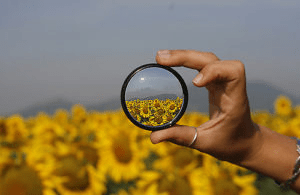
Our mindsets are the mental lenses that dictate how we view our world and they initiate how we think, feel, judge, and act. Thus, they are the very most foundational aspect about ourselves.
For more on the fundamental role our mindsets play in our lives, read:
- The Cognitive Science behind Mindsets
- What Leadership Thought-Leaders Have Gotten Wrong for Centuries
To explore your mindsets, I have developed a FREE personal mindset assessment that is designed to help you identify the various mindsets that you can possess, and the degree to which you possess the mindsets most conducive to success in your life, work, and leadership.
The assessment will provide you with an individualized and comprehensive report that helps you:
- Understand the foundational importance of mindsets
- Identify specific mindsets necessary for success
- An indication of the degree to which you possess those mindsets
- Guidance on how improve your mindsets
Book Suggestions to Enhance Your Self-Awareness
Improving our self-awareness requires that we care more about becoming better and a more positive influence than about self-protecting. It is hard to be honest and curious about ourselves if we are in self-protection mode.
I love books as a way to enhance my self-awareness because they allow me to introspect about myself with a goal of reaching a better place to operate from.
Here are seven books that I have found that had the greatest positive impact on my self-awareness:
- Loving What Is: Four Questions That Can Change Your Life by Byron Katie
- Leadership & Self-Deception by the Arbinger Institute
- Daring Greatly by Brené Brown
- The Righteous Mind by Jonathan Haidt
- You are a Badass by Jen Sincero
- High Performance Habits by Brendon Burchard
- Now, Discover Your Strengths by Marcus Buckingham (This is no longer being printed. You can get it used and purchase a Clifton Strengths-Finder assessment code online.)
And, it is my hope that people will consider my upcoming book, Success Mindsets: Your Keys to Unlocking Greater Success in Your Life, Work, & Leadership, one you could add to this list. You can pre-order it now (release date: May 2020)


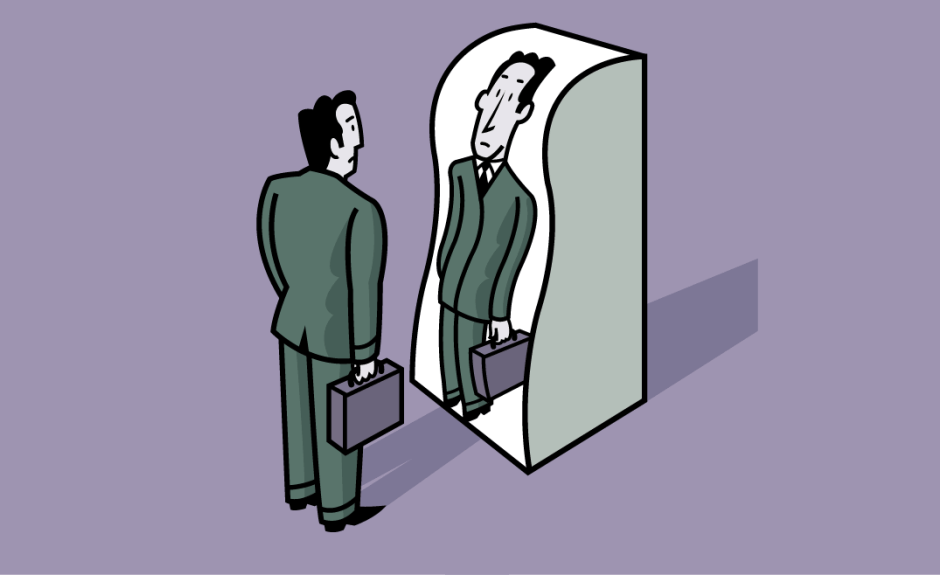

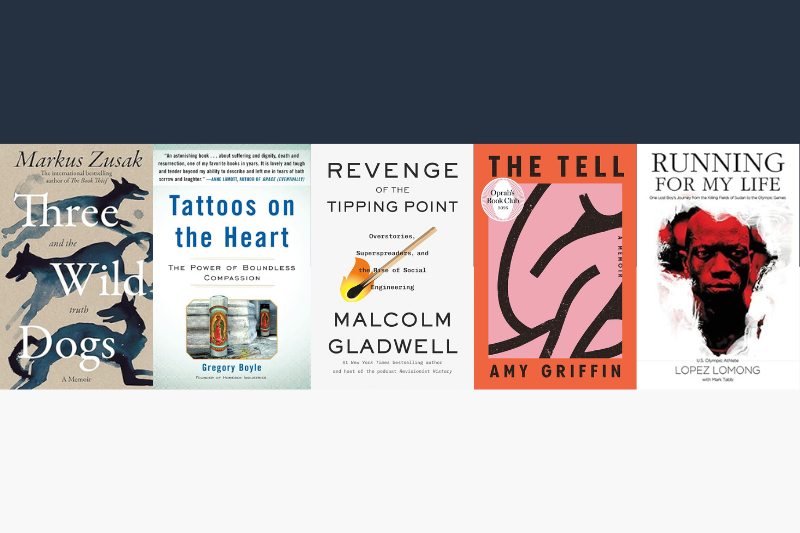
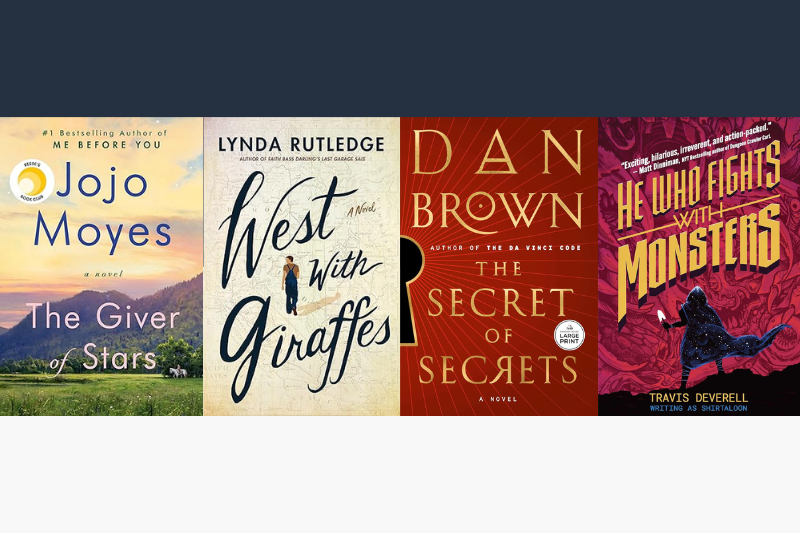
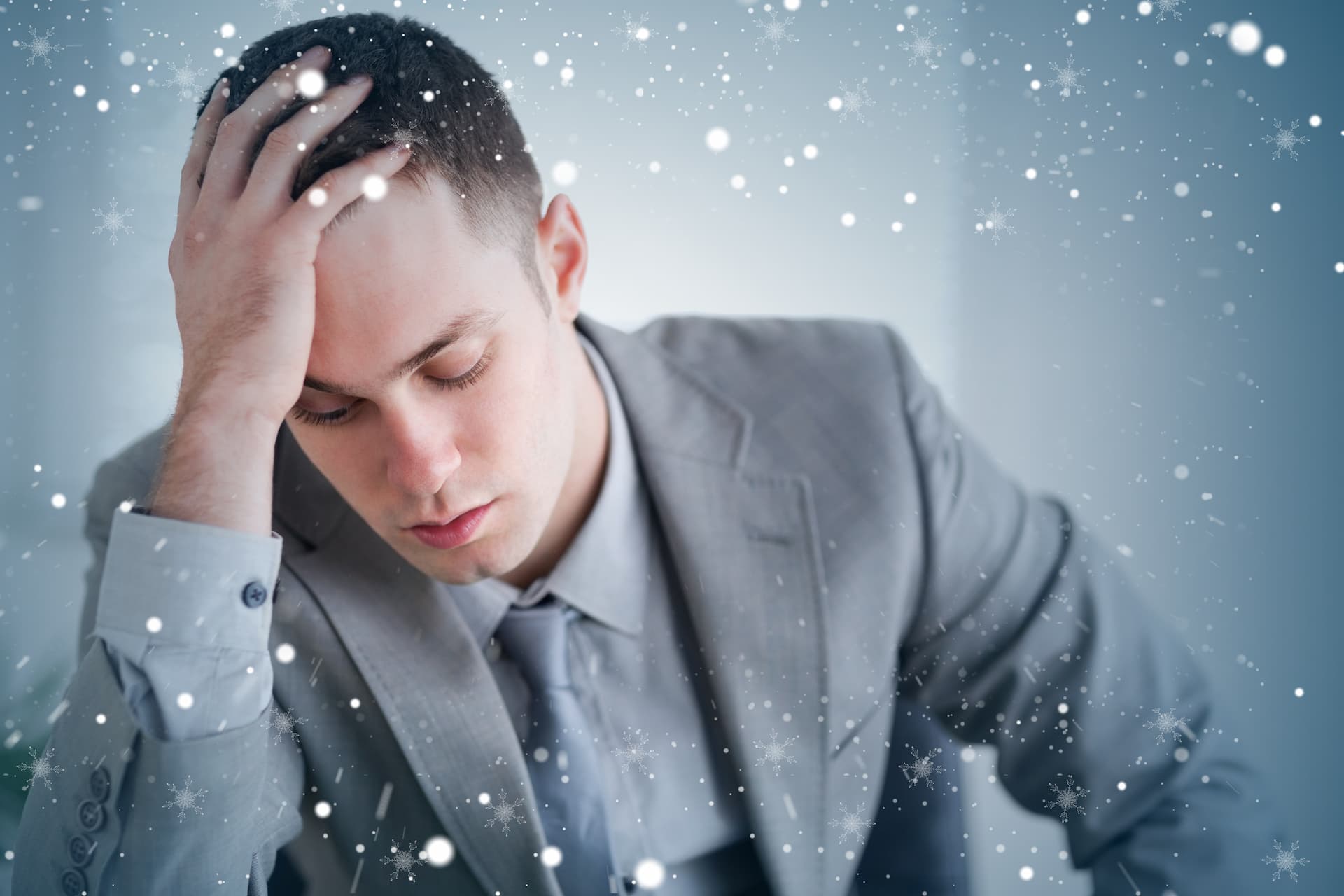


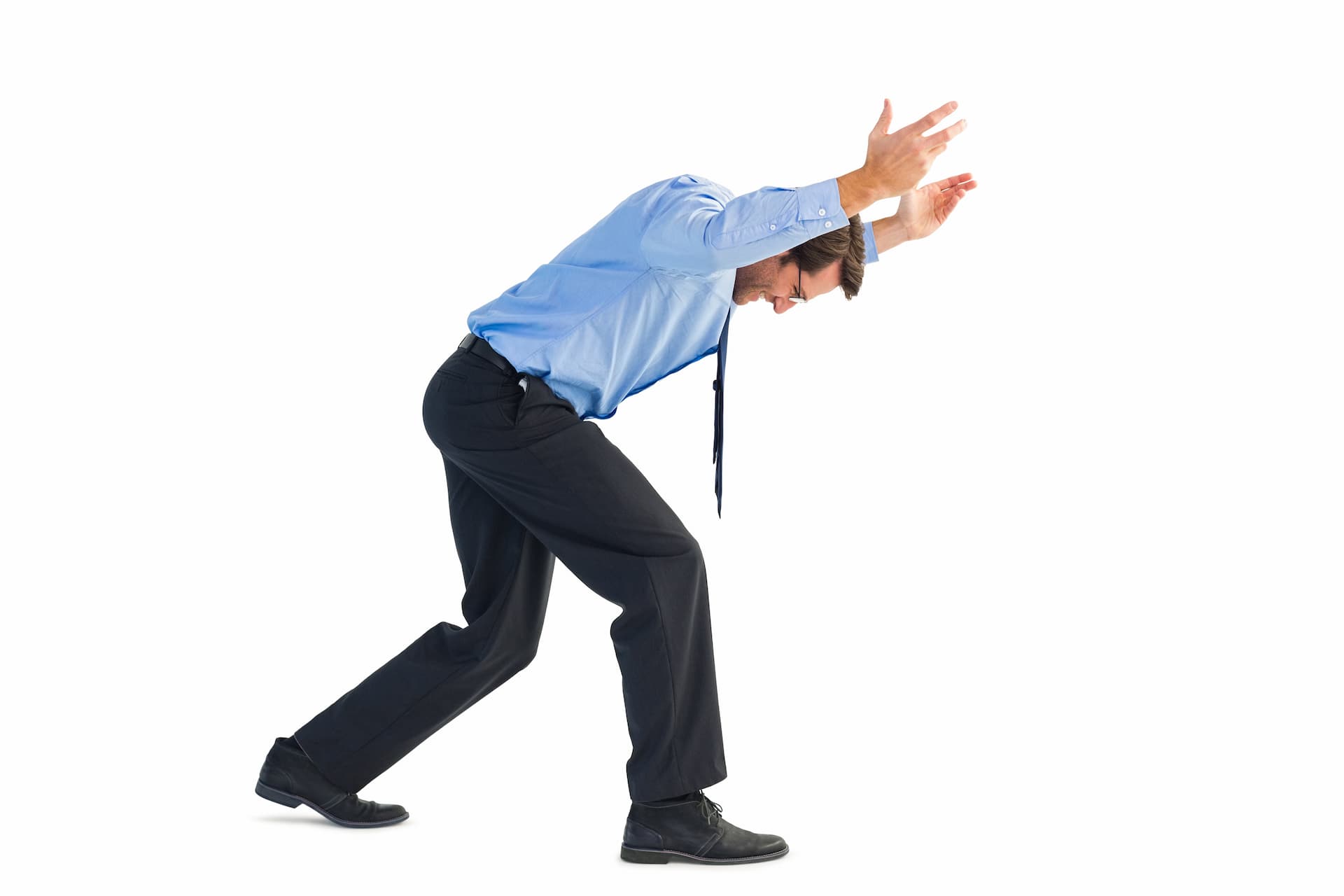



2 Responses
excellent article Ryan – Thank you
Thank you!